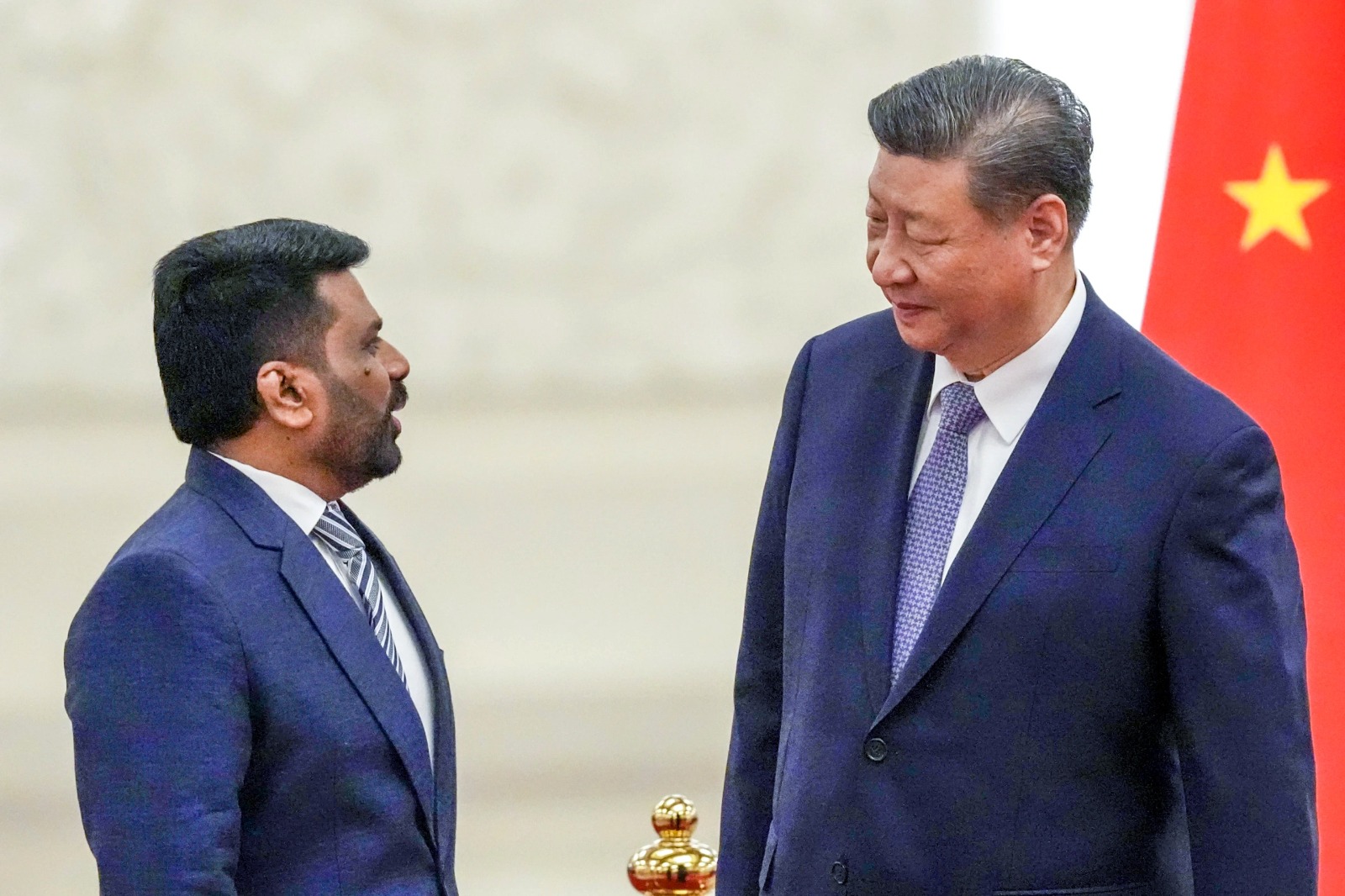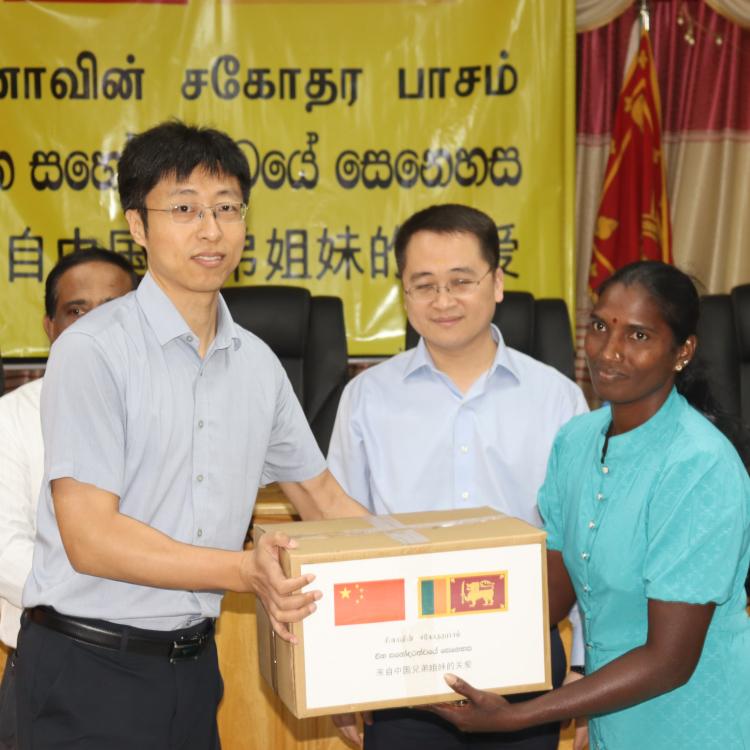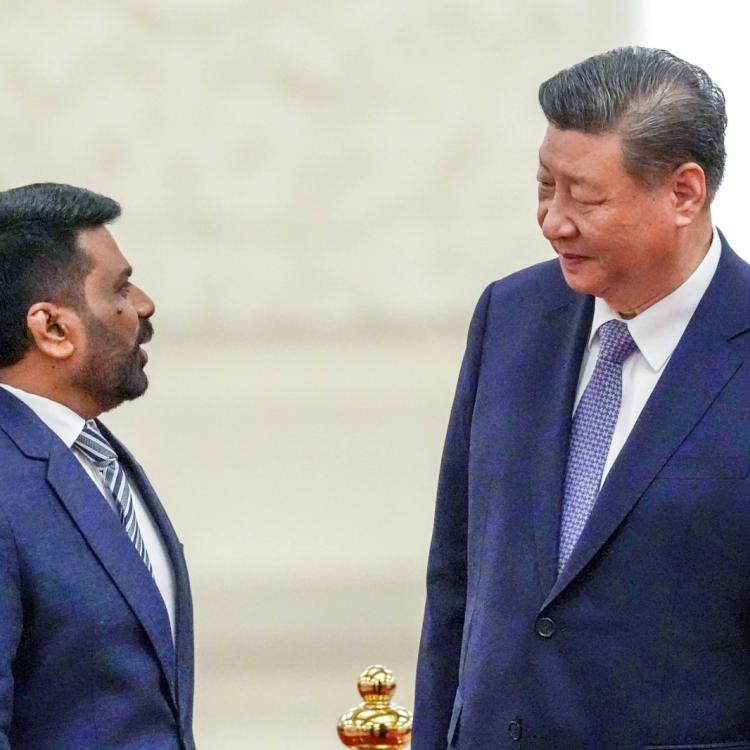
Sri Lankan President Anura Dissanayake has emphasised the importance of studying China’s development path as a model for Sri Lanka's future growth, stating it was “essential” for his government.
In a recent interview with the Chinese programme Leaders Talk, Dissanayake outlined his interest in adopting strategies similar to those that have driven China’s rapid progress, particularly in areas such as poverty alleviation and technological advancement.
He expressed his admiration for China’s achievements over the past two decades and suggested that Sri Lanka could benefit from learning how China managed its economic transformation. "Studying and understanding China’s development path is essential for us," Dissanayake stated.
“At present, China is Sri Lanka’s most trusted economic partner,” Dissanayake said.
Sri Lanka's economic ties with China have deepened significantly in recent years, with China emerging as the island nation's most trusted economic partner. By the end of 2022, Sri Lanka’s outstanding debt to Chinese lenders had reached approximately $7.4 billion, representing nearly 20% of its total external public debt.
During his visit to China last month, Dissanayake affirmed his commitment to enhancing this relationship. He agreed to eight key measures proposed by Chinese President Xi Jinping aimed at advancing Belt and Road cooperation. These measures include the continued development of major projects like the Colombo Port City and Hambantota Port.
Dissanayake also highlighted Sri Lanka’s plans to increase exports to China, particularly in sectors such as chicken products, jewellery, and spices. "We aim to deepen trade ties between Sri Lanka and China, particularly by expanding Sri Lankan exports to the Chinese market, and diversifying the range of products we offer," he said.
“I am confident that both countries can build an even stronger, mutually beneficial economic relationship.”
Furthermore, last month, the Sri Lankan and Chinese governments signed 15 Memorandums of Understanding (MoUs), which cover a wide range of areas including economic development, education, media, and culture. Sri Lanka’s Foreign Minister, Vijitha Herath, expressed optimism that these agreements would yield long-term benefits for the country, particularly in the areas of infrastructure, technology, poverty reduction, and tourism.


